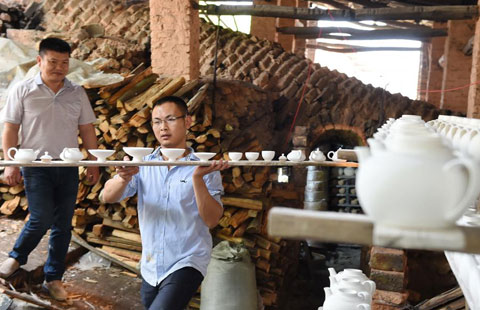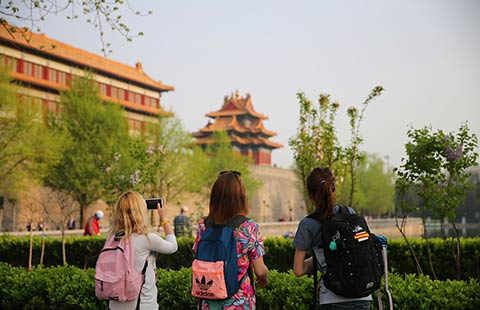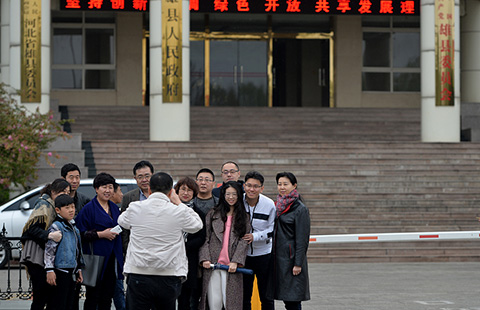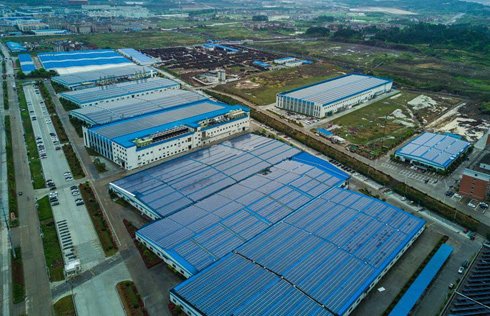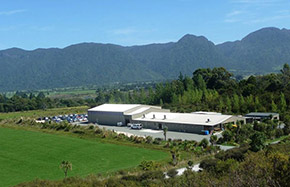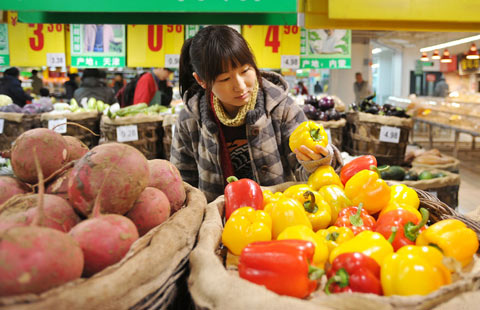Food safety system
To do well the jobs that fall within their jurisdiction is what Premier Li Keqiang required of governments at all levels at Monday's State Council meeting. Ensuring that food is safe to eat is one of the most urgent and demanding jobs.
Li stressed that monitoring and inspection should be tightened and crackdowns be severe in line with the law to relieve residents of their worries about food safety. He said that both the central and local governments must pay sufficient attention to the problem, and, tight as finances might be, money must be spent on guaranteeing food safety.
The most recent incidents of fake mutton and poisoned ginger have again raised concerns about food safety. To make more money, some people have illegally passed off pork or duck meat or even rat meat as mutton. Some villagers have used banned chemicals on ginger in order to kill pests. However, the ginger grown in such conditions is harmful to humans.
It is shocking that these people have no morals or scruples and they should be punished as severely as the law prescribes.
Yet if the food inspection system were tight enough to block such fake and poisonous products from entering the market, no matter how heartless these people are, they would not have bothered.
If the punishment were severe enough to let them feel real pain once caught, they would not dare to produce such dangerous foodstuffs.
In addition, some corrupt food inspectors take bribes to allow unsafe food into the market.
While the culprits in the fake mutton and poisonous ginger cases must first of all be punished for their offenses, the traditional case-by-case approach to handling food safety problems has proven inadequate.
In the long run, food safety should be included in the assessment of the work performance of government leaders at all levels so that they will pay due attention to the work of food monitoring and inspection.
How to make the food monitoring and inspection system function as it should is a problem this government must solve once and for all.





